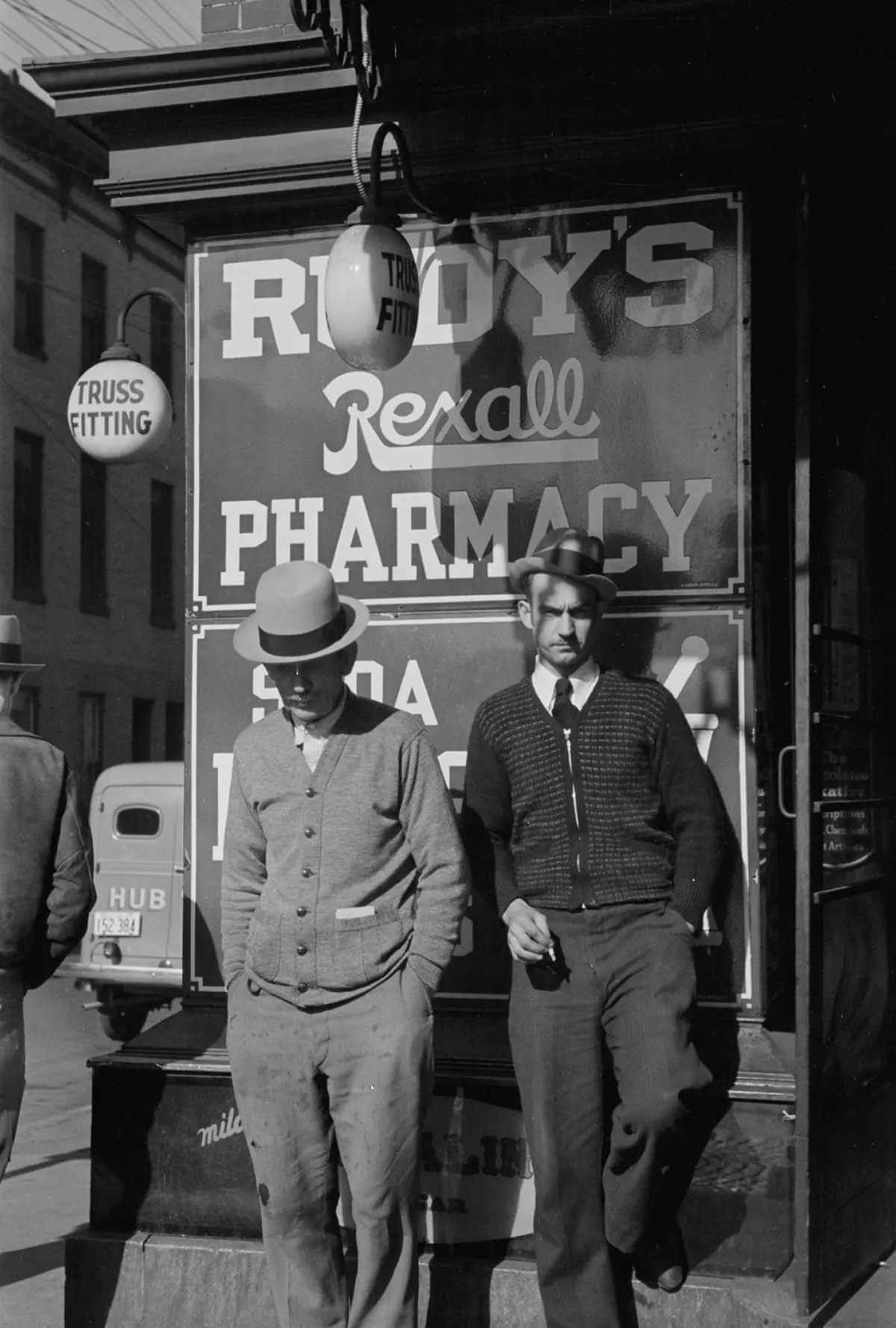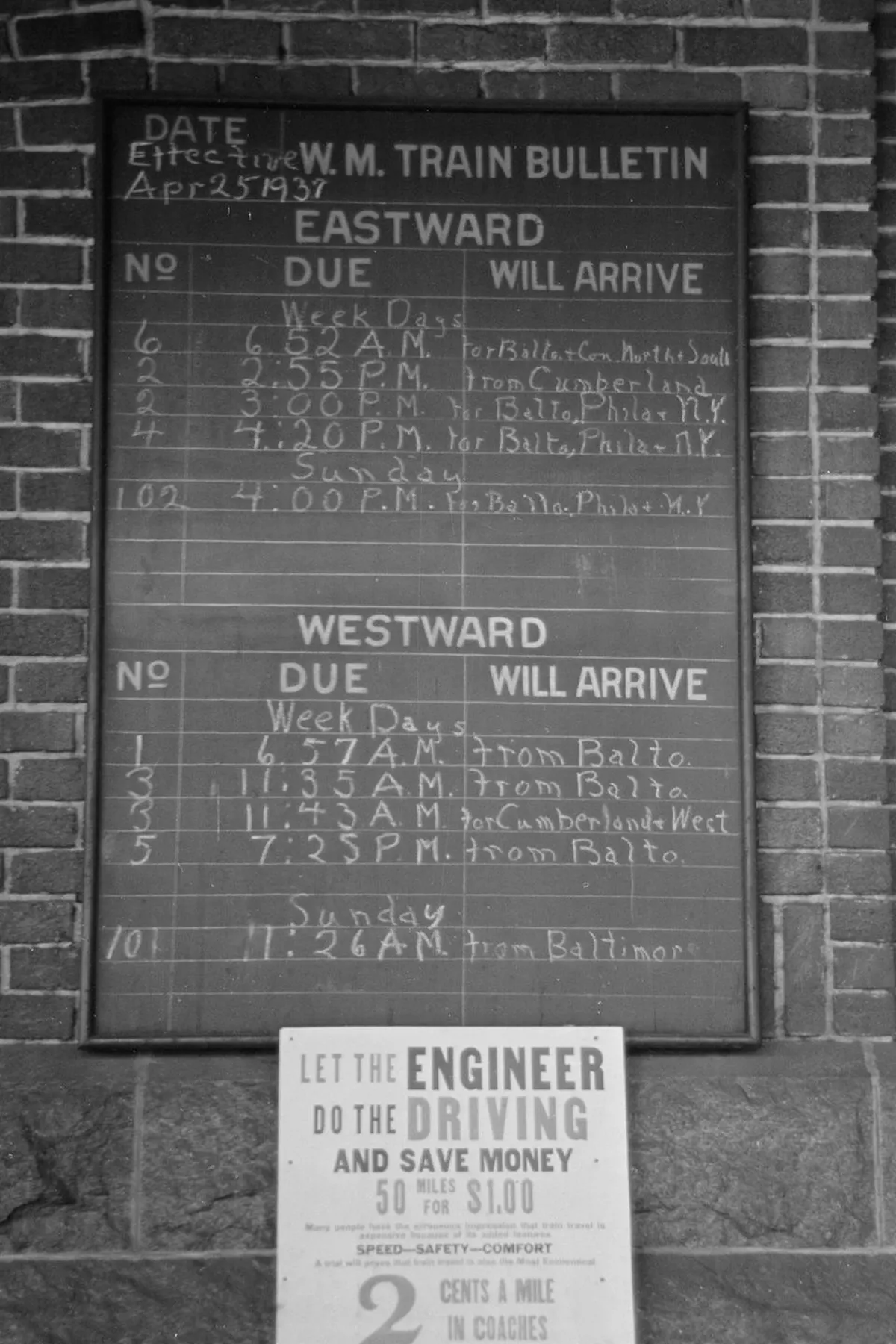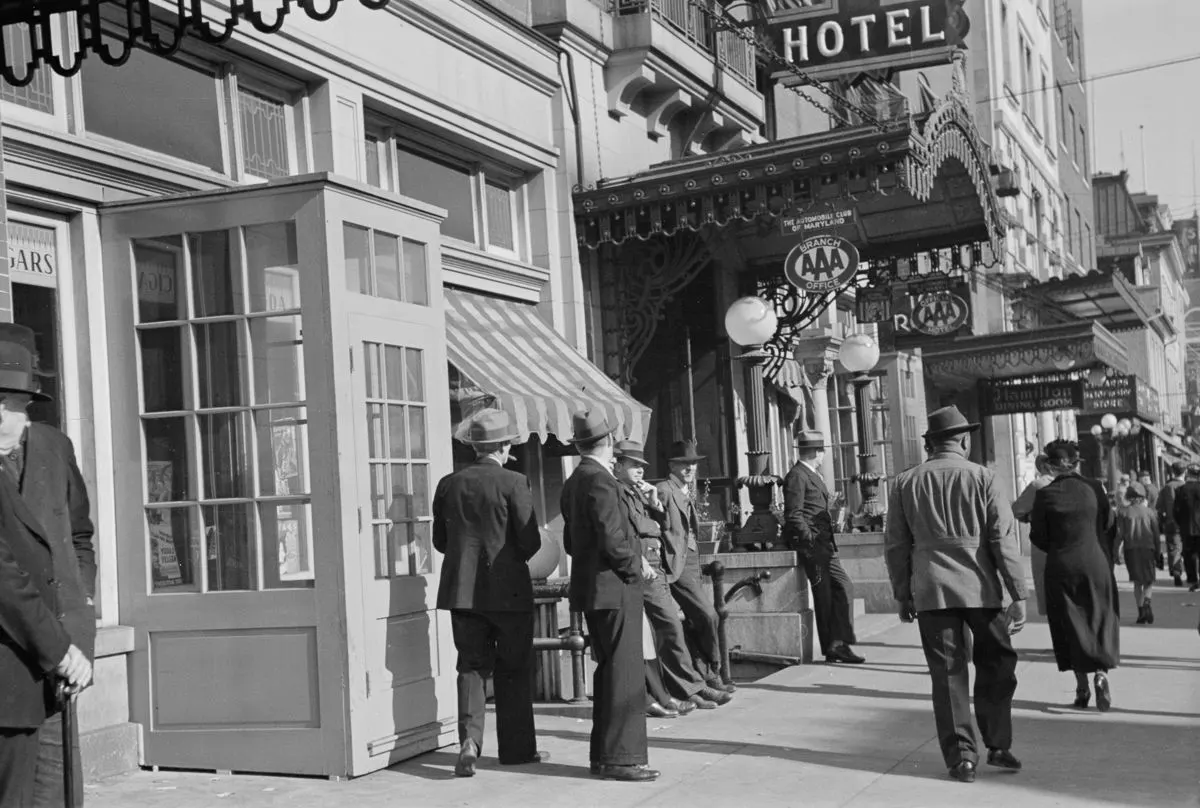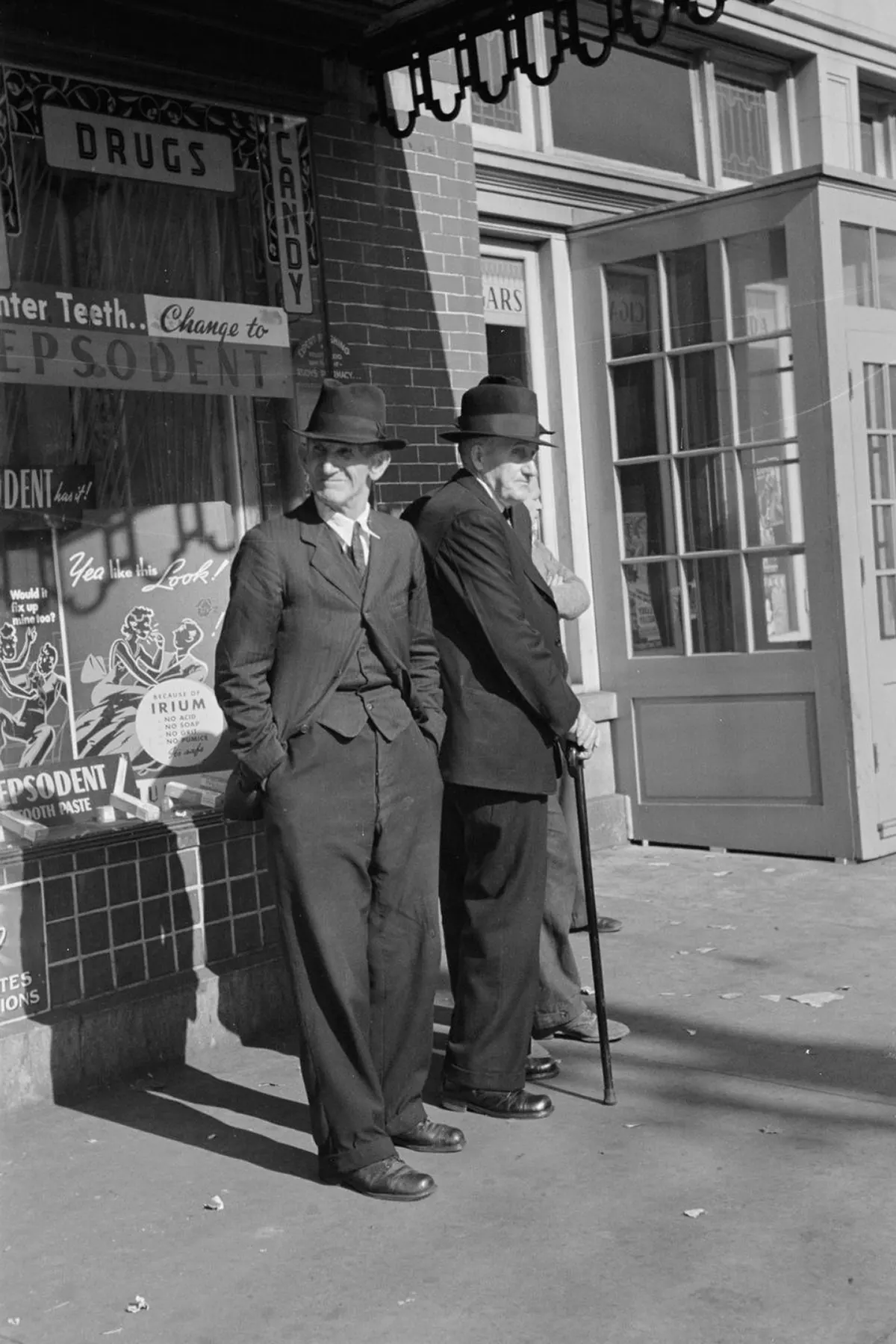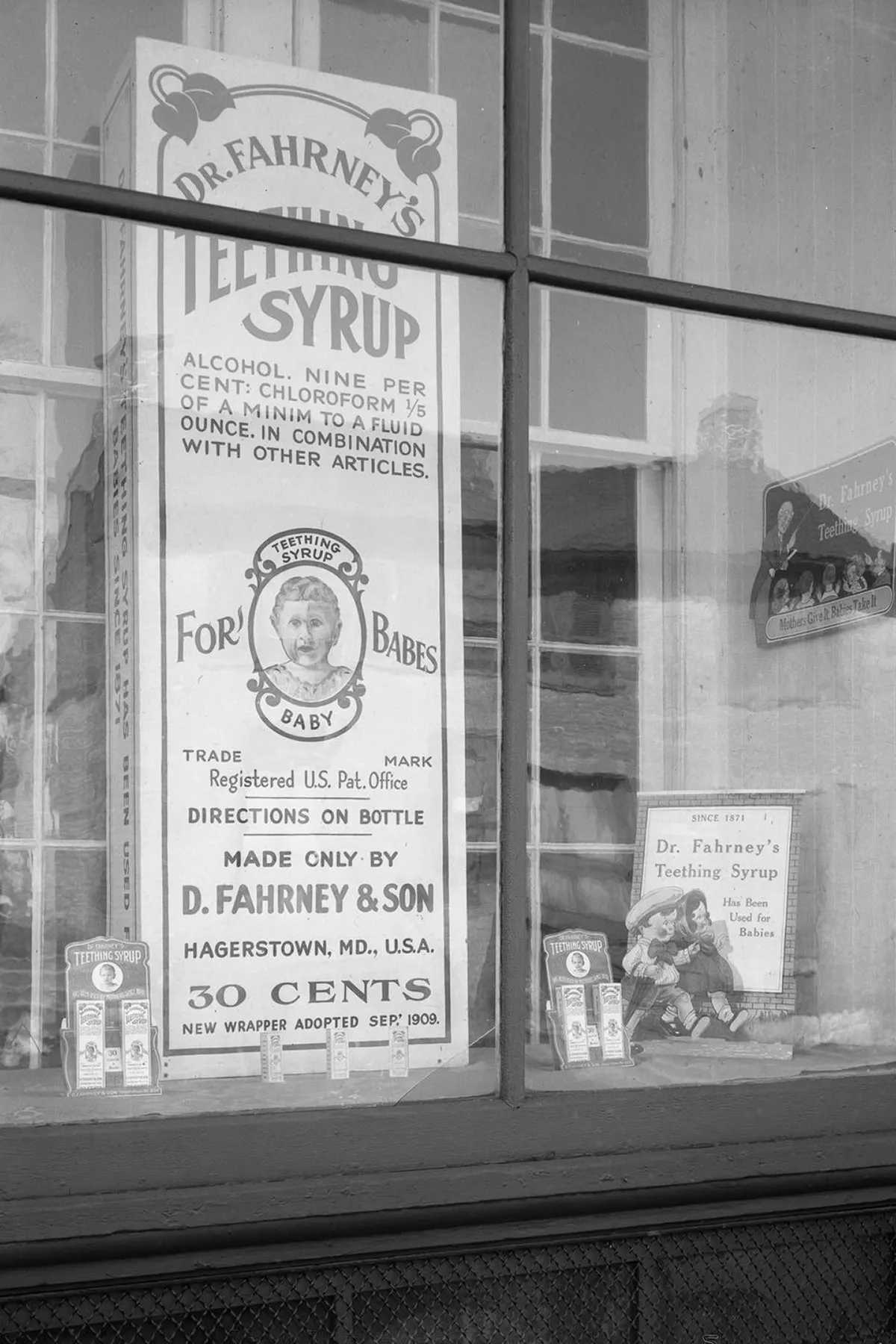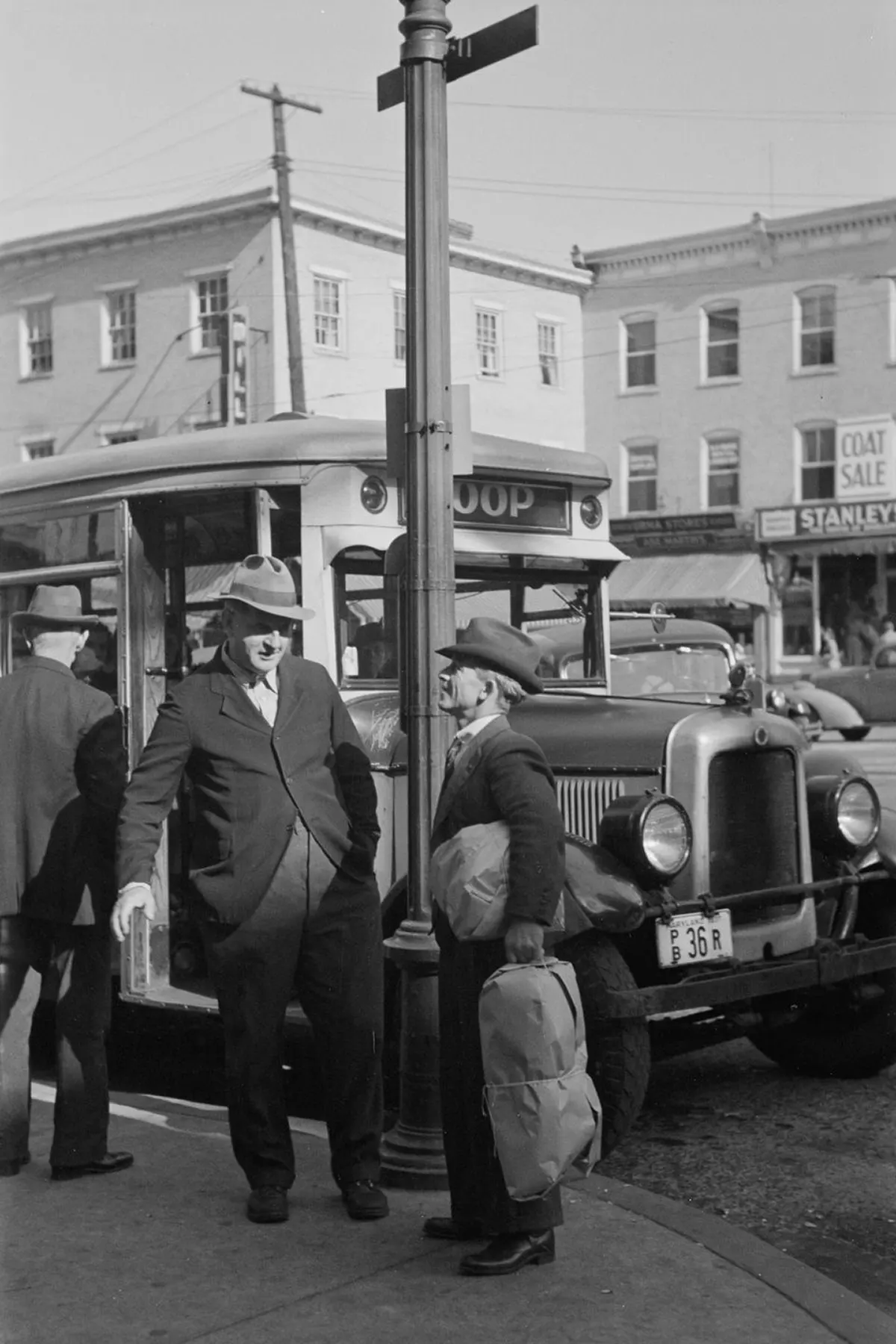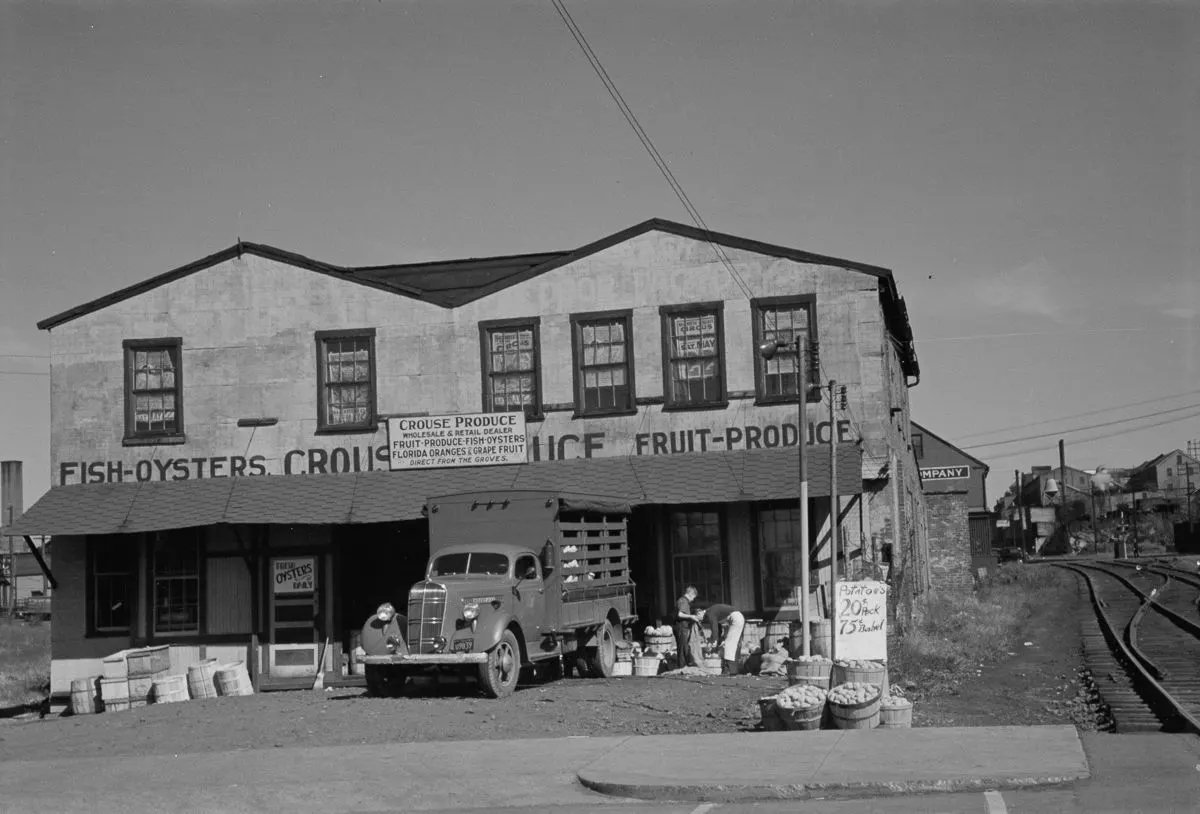He spent a whole afternoon, strolling the streets of the town, taking pictures of residents, documenting their everyday life. In a way, Hagerstown could be called the “Everytown” of the 1930s in the US. Hagerstown was founded in 1762 by Jonathan Hager, a gunsmith, fur trader, farmer, and politician. After settling he quickly increased his wealth and expanded his land holdings acquiring over 10,000 acres which he used to layout plans for the town. It was originally named Elizabethtowne, in honor of his wife, but was later changed to Hagerstown in his honor. In the 1820s Hagerstown became a major stopping point on the Cumberland (National) Road to the west. During the American Civil War it was occupied alternately by Northern and Southern armies, and within 30 miles (48 km) are some of the war’s bloodiest battlefields, including Gettysburg, Antietam, and Harpers Ferry. After the war, the construction of a spur of the Baltimore and Ohio Railroad in 1867 revived the town economically. It subsequently became a major transportation center for the surrounding agricultural area and developed a significant manufacturing base. Today, in keeping with its rich history the “Hub City” sits at the crossroads of two major interstates I-70 and I-81. It serves as a gateway to the Baltimore and the Washington, D.C. area as well as the “hub” of government, commerce, and recreation for the tri-state area.
(Photo credit: Arthur Rothstein / Library of Congress). Notify me of new posts by email.
Δ Subscribe
